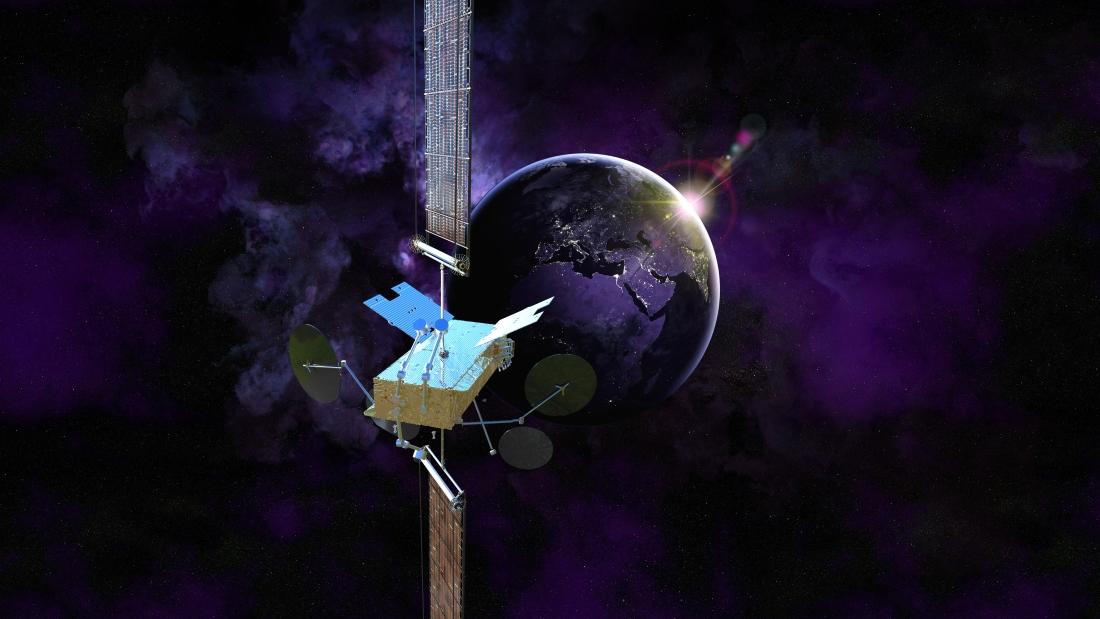
Thales Alenia Space and Aiko have signed a memorandum of understanding to jointly study and develop artificial intelligence and machine learning software programs for the autonomous operation of spacecraft.
Artificial intelligence programs are well suited for dealing with the deluge of data generated by space systems and for automating increasingly complex missions, the companies said April 8.
Software developer Aiko is based in Torino, Italy. It is developing an autonomous spacecraft control program, Mission Replanning through Autonomous Goal gEneration (MIRAGE), and a cloud detection program, named Clarity, for satellites.
The company says MIRAGE would give satellites the ability to autonomously react to events as well as work toward mission goals. That automation would reduce operating costs by lowering dependence on human operators, while also allowing for better optimized missions, it says.
“The real, long-term benefit of fully autonomous missions is the reduction of the operations costs,” the company says on its website. “This is particularly important for small satellite missions, where operations costs have been shown not to scale with spacecraft size, and for constellations, where the high number of operators per spacecraft simply cannot be afforded with hundreds, thousands of satellites.”
Aiko’s satellite-based Clarity software is designed to use machine learning to sift through images generated by Earth observation satellites and set aside pictures that are obscured by clouds. The company claims if cloud-covered images are excluded satellite downlink bandwidth would be freed for other uses.
“Earth observation spacecraft can now produce hundreds of gigabytes of information every day, but up to 40% of it could be worthless due to cloud presence,” the company says on its website. “Distinguishing high-quality from low-quality data as soon as it is acquired, prioritizing the most important information for delivery and discarding images that cannot be used, will revolutionize [Earth observation] spacecraft.
Thales Alenia Space, a joint venture between Thales and Leonardo, makes a variety of spacecraft and satellites. It wants to use the joint effort to “develop next-generation, software-defined space systems.”
“By using [artificial intelligence] to enhance autonomous monitoring, detection, processing and data transfer capabilities on spacecraft, we are shaping new mission paradigms in space exploration,” said Massimo Claudio Comparini, senior executive vice president of observation, exploration and navigation at Thales Alenia Space.





